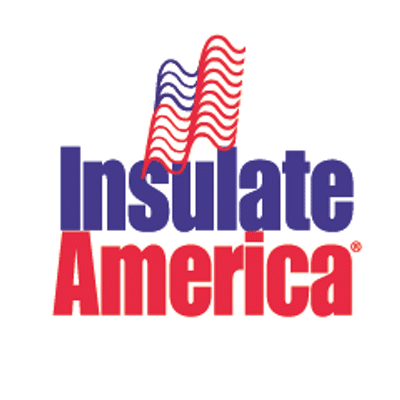What Is Building Science?
At Louisville Insulation, every job begins and ends with approaching the home through the lens of building science — which is the study of how buildings function in terms of energy efficiency, indoor air quality, comfort, and durability. It integrates principles from physics, engineering, and material science to design buildings that effectively manage airflow, moisture, and energy consumption. The core aspects of building science involve understanding heat transfer, moisture movement, and airflow within a structure, which are critical to creating a comfortable and efficient home in Louisville.
The Importance of Preventing Heat Loss
Preventing heat loss is essential for energy efficiency, as it reduces the demand on HVAC systems, lowering energy consumption and utility costs. Reducing heat loss also helps maintain stable indoor temperatures, minimizing drafts and creating a more comfortable living environment.
The Role of Insulation
What Does Insulation Do?
Insulation acts as a barrier to heat transfer, helping retain warmth during winter and keep the home cooler in summer. By slowing down the rate of heat flow, insulation contributes significantly to energy savings and temperature consistency.
What Is the Best Insulation Material?
While there is no silver bullet or one-size-fits-all insulation solution, we find spray foam insulation or blown in cellulose insulation to be the best material for most applications. Spray foam expands upon application, filling gaps and creating an airtight seal. This prevents drafts and air leaks, which are common culprits of energy loss. Spray foam is especially beneficial for hard-to-reach areas, such as attics and crawl spaces, where it provides an effective solution for minimizing heat transfer and boosting overall energy efficiency.
Additional Advantages
Besides thermal benefits, insulation offers soundproofing, improves indoor air quality by reducing outdoor pollutants, and can strengthen structural integrity.
In summary, building science provides the framework for creating efficient and comfortable homes. Insulation, particularly spray foam, is a crucial component of this approach, helping reduce heat loss and improve energy efficiency while enhancing overall comfort.








